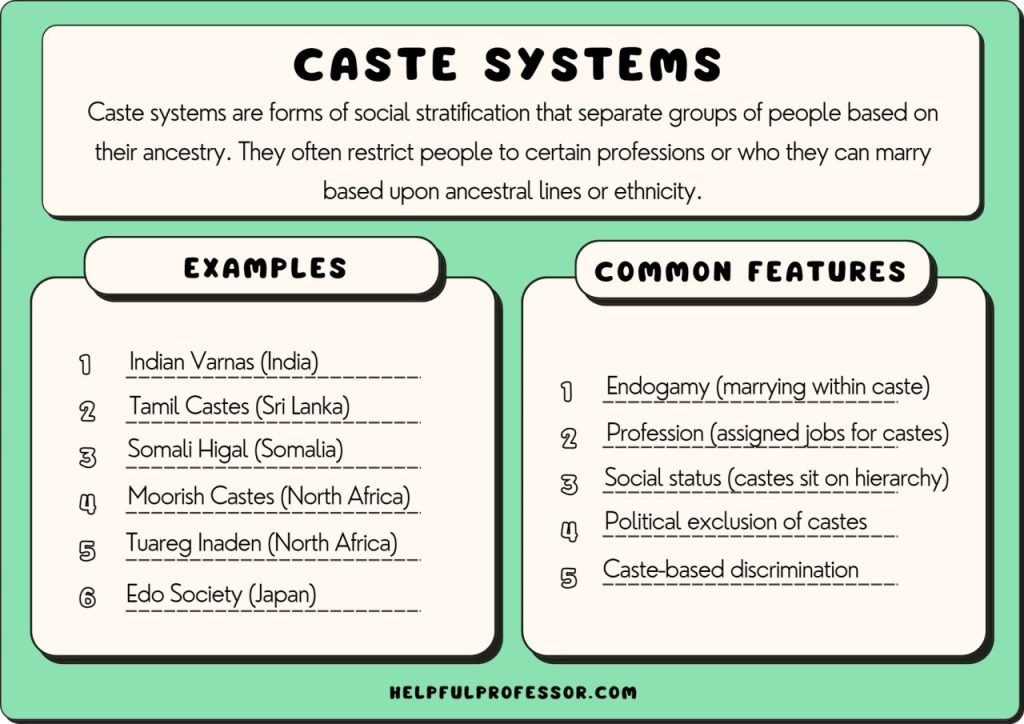What do you get when you combine the mystery of “Cuon,” the intrigue of “coin” according to Merriam Webster, and the enigmatic abbreviation “CLLR”? It’s none other than the fascinating concept of “coun.” But what exactly is coun? Where did it come from? And why should we care about its meaning? In this blog post, we’ll delve into the depths of this captivating term, exploring its origins, significance, misconceptions, and even its benefits and drawbacks. So grab your thinking cap as we embark on a journey to uncover the evolving definition and meaning of coun!
Table of Contents
Origins and history of the term
The term “coun” may seem unfamiliar to many, but it actually has a fascinating history and origin. While its exact origins are not well-documented, the term is believed to have emerged in the late 19th or early 20th century.
One possible explanation for the origin of “coun” is that it evolved from a slang abbreviation of the word “county.” In rural areas, people often referred to their county as simply “coun,” which eventually became more widely used.
Another theory suggests that “coun” may have derived from an older word meaning council or assembly. This would align with its usage today, as it often refers to government bodies or officials who represent specific geographic areas.
Regardless of its precise origins, the term “coun” has gained prominence in recent years due to its association with local governance and representation. It is commonly used in political contexts when referring to elected representatives at various levels of government.
As language evolves over time, so too does our understanding and usage of terms like “coun.” What once may have been a simple abbreviation or slang phrase now carries significant meaning and importance in our society.
Examples of how
Examples of how the term “coun” is used can vary widely depending on context and geographical location. In some cases, “coun” may refer to a council or governing body, such as a local city council or town board. These entities are responsible for making decisions and policies that affect the community they serve.
In other instances, “coun” might be used in reference to counseling or therapy services. For example, someone seeking emotional support may seek out a professional coun who can provide guidance and assistance.
Additionally, the term can also be found in certain dialects or regional variations of English. It might be used as an abbreviation for country or countryside, reflecting its rural connotations.
Furthermore, in digital contexts like online gaming communities or social media platforms,”coun” could simply be shorthand for the word “count.” This usage often appears when discussing points scored during gameplay or tallying up statistics.
The examples of how “coun” is used highlight its versatility and adaptability within different spheres of life. Its meaning varies depending on the specific situation it’s being employed in but consistently reflects elements of governance, guidance,and counting
The significance of
The significance of the term “coun” lies in its ability to bring people together and foster a sense of community. In today’s digital age, where we are often connected but disconnected at the same time, coun serves as a reminder that human connections matter.
Coun allows individuals to come together and share their experiences, knowledge, and ideas with one another. It provides a platform for meaningful conversations and interactions, which can lead to personal growth and learning.
Furthermore, coun has the power to bridge gaps between different cultures, backgrounds, and perspectives. It encourages empathy and understanding by promoting open dialogue and mutual respect.
In addition to fostering connections among individuals, coun also plays a crucial role in creating positive change within communities. By bringing people together around shared goals or interests, it enables collective action towards common causes such as social justice or environmental sustainability.
The significance of coun cannot be underestimated. It is through this concept that we can build stronger relationships with others while working towards creating a more inclusive and harmonious society.
Misconceptions and common misunderstandings about
Misconceptions and common misunderstandings about the term “coun” can often arise due to its ambiguous nature. One of the most prevalent misconceptions is that “coun” refers to a specific profession or role, similar to a counselor or consultant. However, this is not entirely accurate.
Another common misunderstanding is equating “coun” with the word “coin,” assuming they are interchangeable terms. While both words may sound similar, their meanings and origins differ greatly. “Coun” does not have any connection to currency or monetary units like coins.
Additionally, some people mistakenly believe that “coun” stands for something specific, such as an acronym. This is not the case – it is simply a shortened form of the word “count.”
It’s important to understand that the definition and meaning of “coun” are continually evolving and may vary depending on context. It can refer to various concepts ranging from numerical counting in mathematics to determining one’s social status in feudal systems.
To avoid further misconceptions, it’s crucial to approach discussions about coun with an open mind and consider its diverse applications across different fields and contexts. By embracing this complexity, we can gain a deeper understanding of its true meaning and significance in our lives.
Benefits and drawbacks of using
Benefits and drawbacks of using coun can vary depending on the context and individual perspective.
One of the major benefits is that coun provides a structured framework for decision-making and problem-solving. It allows individuals or groups to systematically analyze various factors, weigh pros and cons, and arrive at informed decisions. This can lead to more effective outcomes and minimize risks.
Another advantage is that coun promotes collaboration and consensus-building. By involving multiple stakeholders in the process, it ensures diverse perspectives are considered, fostering a sense of ownership among participants.
Furthermore, coun encourages transparency by documenting discussions, decisions, and actions taken during the process. This helps maintain accountability and enables others to understand the rationale behind certain choices made.
However, there are also potential drawbacks to using coun. One concern is that it may be time-consuming. The process requires careful analysis, discussion, deliberation which could delay decision-making in urgent situations where quick action is required.
Additionally, some argue that relying too heavily on formalized processes such as coun might hinder creativity or intuition-based decision making which can sometimes lead to breakthrough ideas or innovative solutions.
While there are advantages to using coun like structured approaches for decision-making but one must carefully consider the specific situation before deciding whether its benefits outweigh its potential drawbacks
Conclusion: The evolving definition and meaning of
As we have explored the concept of “coun” and delved into its origins, examples, significance, misconceptions, and benefits and drawbacks, it is clear that the definition and meaning of this term are constantly evolving. With each passing day, new perspectives and interpretations emerge in various fields.
Whether you consider “coun” as a shortened version of “cuon,” a reference to the coin Merriam Webster or an abbreviation for CLLR (Councilor), one thing remains certain – its usage has become increasingly prevalent in today’s digital age.
As society continues to evolve and adapt to new technologies and communication platforms, so too does our language. Words like “coun” may seem unfamiliar at first glance but quickly gain traction as they become integrated into our daily conversations. It is important not to dismiss these emerging terms but rather embrace them as part of the ever-expanding lexicon.
The beauty of language lies in its ability to reflect societal changes and capture the essence of human experiences. As such, we should approach the evolving definition and meaning of words like “coun” with curiosity rather than skepticism. By doing so, we open ourselves up to new possibilities for expression and understanding.
Let us remember that language is fluid; it grows alongside us as we navigate through an ever-changing world. While some may view emerging terms like “coun” with apprehension or confusion, it is essential to recognize their potential for creativity, connection, and innovation.
So next time you come across a word whose meaning seems elusive or unfamiliar at first glance – whether it be “coun,” an abbreviated form like CLLR or a reference such as cuon – take a moment to explore its context within our dynamic linguistic landscape. You never know what insights or connections await just beyond the surface!





